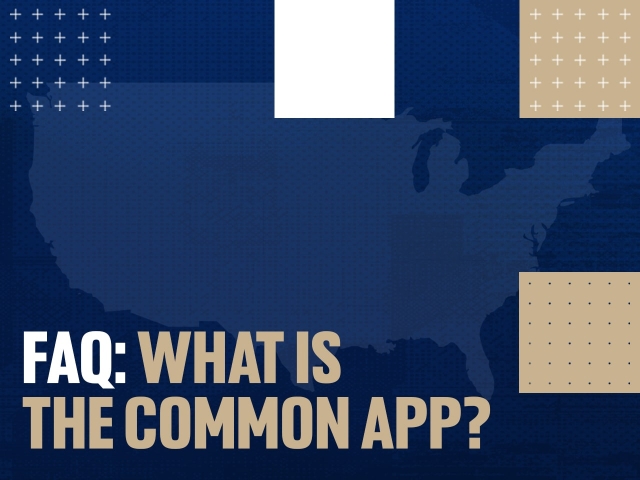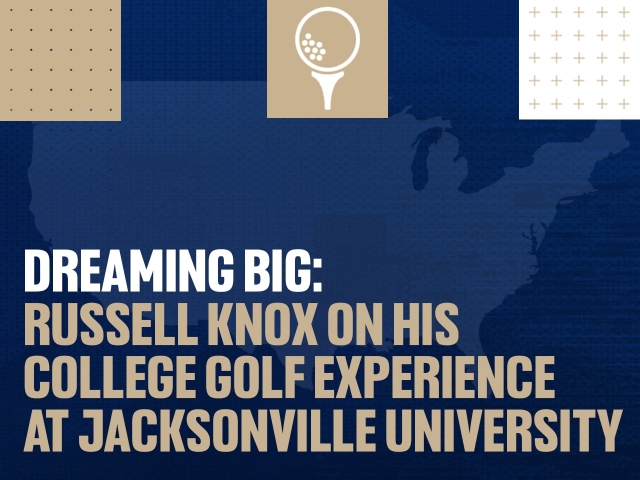In the United States, the term “college” is frequently used to refer to all types of higher education and the terms “college”, “university” and even “school” are often used interchangeably. This can create confusion particularly within the international audience, as the definition of “college” can vary across different countries and language and may deter some students from considering an institution with the term “college” in its name.
In our latest FAQ blog, we’re aiming to clarify a few points on this topic to help prospective student-athletes in their decision making ...
· • Both Universities AND colleges award undergraduate degrees, as well as master’s and PhD programmes.
· • Traditionally, universities are larger institutions than those with “colle•ge” in their name, but this is not always the case. Public universities are funded by the government and generally cheaper than private universities.
· • Private universities and colleges, on the other hand, are financed by tuition fees, private donations, philanthropy, endowments, and research funding. Their tuition and fees are more expensive. The sourcing of funding for students to private universities and college can be a mixture of athletic and academic scholarship and financial aid. Our team will work with the schools and our clients to utilise all these resources to ensure you will get the best “package” to reduce the shortfall of funding.
· • Colleges typically focus on one type of degree, a 2-year or 4-year degree programme. They often have smaller class sizes and provide students with a greater degree of personalised attention from faculty and advisers. They are usually more focused on undergraduate teaching and less focused on research efforts. There are many colleges that are specialised because of their limited enrolment.
· • Liberal Arts colleges and universities offer a broad range of academic areas instead of specialising only in a specific area. Liberal arts institutions are not always focused on the area of humanities, with some offering science-based degrees as well.
· • General Education classes/courses are required to take by everyone enrolled in traditional four-year degree programmes. These courses are typically designed to teach diverse skills that every person should master to ensure they are well rounded and prepared for their next steps after their degree. These are normally done within the first 2 years of the degree but can be spread throughout a degree programme. If someone is unsure of what they want to study for a degree/major when they start you can normally start as “undeclared” for your study programme which means that you will mostly be fulfilling these general education courses at the beginning of a degree. After 2 years (roughly half of your degree requirements) of taking these general education courses you will then be required to declare your degree programme/major.
· • A bachelor’s degree is normally 120 credit hours. General Education courses will normally encompass ½ of these credits but in some cases, it may be only 1/3 of the degree requirements. A “major” is what degree you are wanting to study and is normally 30-36 credit hours. A “minor” is another emphasis area that you can study and is typically 18-30 credit hours. This may add to the length of time that you need to study and complete your degree.
· • Credit hours are a measure of the time spent studying towards a unit of credit, which represents a completed part of an educational course. Typical courses are 3 credit hours. Labs and tutorials are normally 1-2 credit hours.
· • A community college, sometimes called a “junior college,” does not award undergraduate degrees. They offer 2 year-degrees (associate degrees) and other career-related certificates. They are like a FE in the United Kingdom. If you start your academic journey at a community/junior college, you will be mostly fulfilling general education requirements.
· When researching schools, we recommend that you use individual institution websites, campus tour videos, academic department descriptors and meetings with the coaches and our staff to investigate and find places that are the right “fit” for you. Do not rely on websites that produce rankings as rankings may change and do not always give a broad enough view on the things that may be important for you and your journey.
We hope this gives you an overview of higher education in the USA and some of the differences between the phraseology. Please bear in mind that there may be exceptions to some of the points highlighted.




